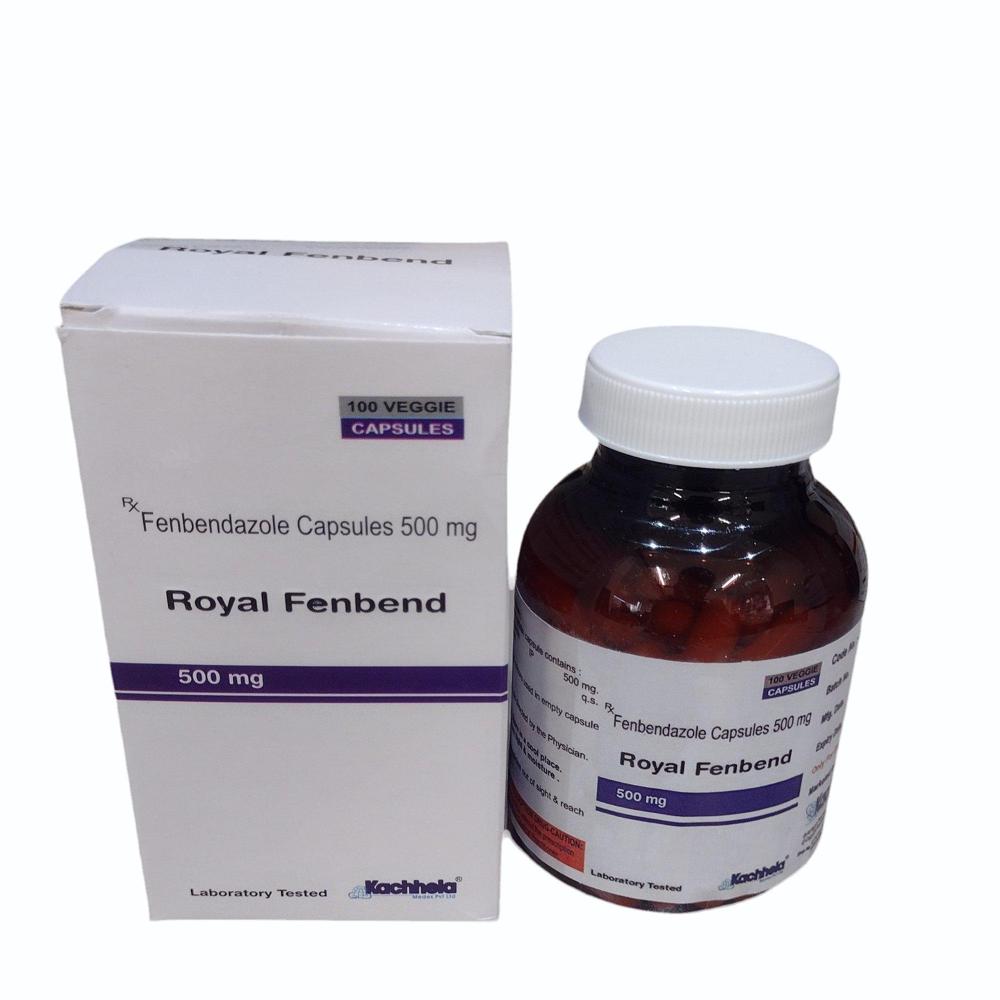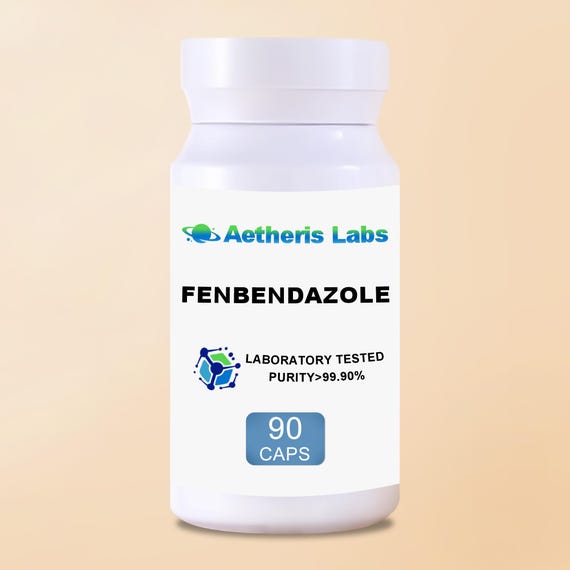fenbendazole 444: Important Answers for Owners
Comprehending the Conveniences and Uses of Fenbendazole in Vet Medicine
Fenbendazole has actually developed itself as an essential anthelmintic in veterinary medicine. Its capability to target numerous parasitic infections makes it a beneficial device for veterinarians. The drug's system interferes with essential cellular procedures in bloodsuckers, bring about reliable therapy end results. However, its safety and security profile ranges species, demanding careful consideration in its use. Comprehending these dynamics can clarify fenbendazole's more comprehensive implications in veterinary care and continuous study right into its potential past traditional applications
Mechanism of Activity of Fenbendazole

Usual Parasitic Infections Dealt With With Fenbendazole
A variety of parasitical infections are efficiently treated with fenbendazole, making it a versatile choice in vet medication. This anthelmintic agent is especially effective versus nematodes, including roundworms and hookworms, which generally impact pets and felines. It is also made use of for the therapy of cestodes, such as tapeworms, giving a broad range of action versus both kinds of digestive bloodsuckers. In addition, fenbendazole is advantageous in managing infections triggered by protozoa, especially Giardia, which can cause gastrointestinal distress in animals. Its efficiency extends to dealing with certain lungworms in canines and felines, dealing with respiratory wellness concerns connected to these parasites. In general, fenbendazole's capability to target several parasitical types makes it a valuable tool in vet practice, ensuring the wellness and well-being of family pets influenced by these usual infections.
Security and Efficacy in Different Animal Species
The safety and efficiency of fenbendazole differ among various pet types, underscoring the relevance of species-specific factors to consider in veterinary medicine. In canines, fenbendazole is usually well-tolerated and reliable against a range of stomach parasites, consisting of roundworms and hookworms. For felines, nonetheless, its usage is less typical and may require mindful application as a result of possible negative responses.
In animals, such as livestock and lamb, fenbendazole demonstrates performance versus various endoparasites, adding to boosted wellness and efficiency. The pharmacokinetics and potential side results can differ considerably between varieties, demanding cautious analysis by veterinarians.
Horses likewise respond positively to fenbendazole, specifically for dealing with strongyles and ascarids, though dose and management paths must be tailored to their special physiology. Comprehending these distinctions is important for maximizing treatment end results and ensuring pet welfare across diverse types.
Administration and Dosage Standards
Correct administration and dose guidelines are essential for making the most of the healing impacts of fenbendazole while decreasing potential side impacts. The dose generally differs depending on the types being treated, the certain problem, and the formulation of fenbendazole utilized. fenbendazole. For canines and felines, an usual dosage is 50 mg/kg body weight, provided as soon as daily for 3 successive days, yet vets may change this based on private health and wellness assessments
It is necessary to provide fenbendazole with food to boost absorption and minimize gastrointestinal distress. The drug is offered in numerous forms, including granules and paste, permitting for flexible administration alternatives. Monitoring the pet's feedback during and after treatment is advisable to confirm effectiveness and safety and click resources security. Furthermore, vet assistance is important to establish the suitable duration of therapy based upon the kind of parasitic infection being addressed, ensuring suitable results for the animal's wellness.
Future Viewpoints and Study on Fenbendazole
Study on fenbendazole remains to advance, concentrating on its potential applications past conventional antiparasitic usages. Current research studies have explored its effectiveness in dealing with various forms of cancer cells, specifically in veterinary oncology. Initial information suggest that fenbendazole may inhibit the development of tumor cells and improve the impacts of various other chemotherapeutic agents.
Scientists are exploring its function in handling gastrointestinal problems in pets, highlighting its anti-inflammatory homes. The flexibility of fenbendazole for various varieties raises inquiries concerning its safety and security profiles and optimal dosing programs in varied populations.
As rate of interest expands, there is a demand for complete scientific tests to establish evidence-based standards for these unique applications. Future research study might additionally examine the devices behind fenbendazole's impacts, possibly leading the way for ingenious restorative techniques in vet medication. The recurring expedition of fenbendazole can significantly boost treatment alternatives for various veterinary conditions.

Regularly Asked Concerns
Is Fenbendazole Safe for Pregnant Animals?
The safety of fenbendazole for expecting animals continues to be unpredictable. click here now While some research studies recommend minimal threat, vets typically advise caution and commonly discourage its use during pregnancy unless the benefits plainly exceed prospective dangers.
Can Fenbendazole Be Made Use Of in Livestock?
Fenbendazole is frequently made use of in livestock to deal with various parasitical infections. fenbendazole 222. Its effectiveness against stomach worms makes it a valuable anthelmintic, adding to improved health and efficiency in animals increased for food and fiber
What Are the Negative Effects of Fenbendazole?

The adverse effects of fenbendazole might include gastrointestinal disruptions, sleepiness, and sensitive reactions. In uncommon situations, extra serious reactions could happen, demanding cautious monitoring and examination with a veterinarian throughout therapy.
How Does Fenbendazole Compare to Other Dewormers?
Fenbendazole supplies broad-spectrum effectiveness against numerous bloodsuckers, commonly comparing favorably to various other dewormers. Its distinct device targets different life phases, making it reliable, while usually presenting a beneficial safety and security profile compared to alternatives readily available on the marketplace.
Can Fenbendazole Be Utilized for Dealing With Cancer Cells in Pet Dogs?
The potential of fenbendazole in treating cancer in animals has actually their website garnered rate of interest. Initial studies recommend it may prevent cancer cells cell development, yet even more research study is required to confirm its efficiency and security in vet oncology.